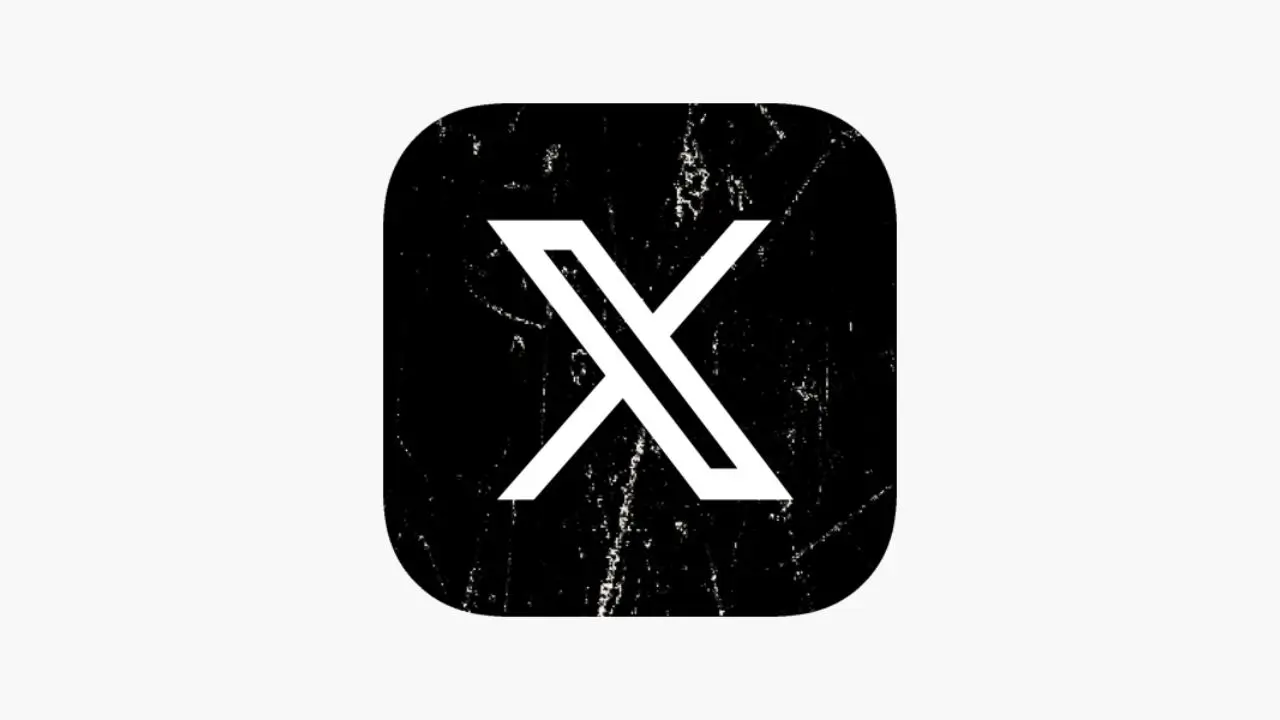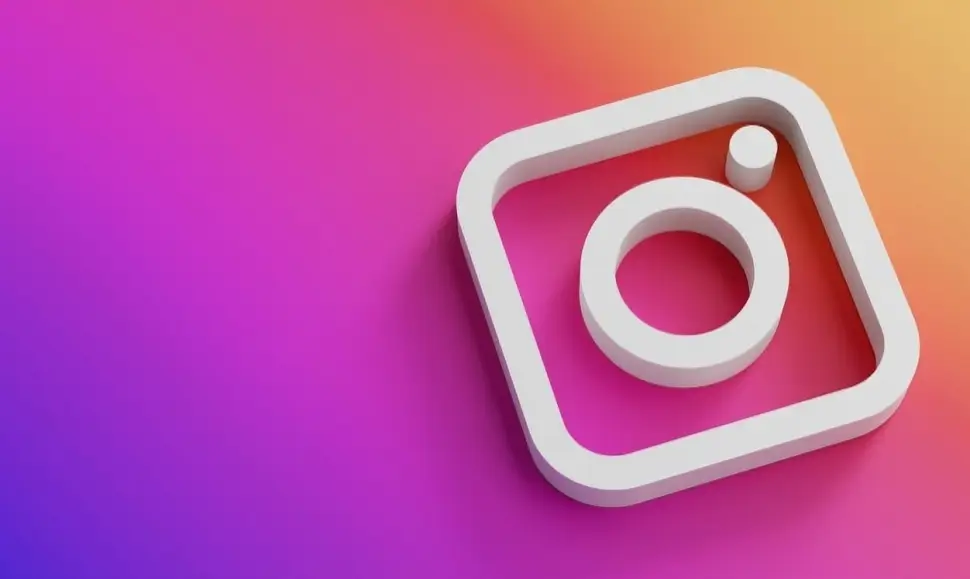Alphabet’s Google is facing a substantial lawsuit of €2.1 billion euros from a coalition of 32 media groups, including prominent names like Axel Springer and Schibsted. These companies allege that Google’s digital advertising practices have caused significant financial losses for them.
The media conglomerate consists of publishers spanning across various European countries, such as Austria, Belgium, Bulgaria, the Czech Republic, Denmark, Hungary, Luxembourg, the Netherlands, Norway, Poland, Spain, and Sweden. This legal action against Google comes amidst ongoing antitrust investigations into the tech giant’s practices, particularly its alleged anti-competitive behavior in the digital advertising market.
According to a statement from legal representatives Geradin Partners and Stek, the media companies claim that Google’s dominant position in the market has resulted in a less competitive landscape, leading to reduced revenues for publishers and higher fees for ad tech services. They argue that without Google’s misconduct, they would have earned significantly higher advertising revenues and paid lower fees, thereby enabling them to invest more in strengthening the European media industry.
Also Read : Google Unveils New AI-Powered Features for Android Devices at MWC 2024
In response to the lawsuit, Google has vehemently opposed the allegations, dismissing them as “speculative and opportunistic.” A company spokesperson emphasized Google’s collaborative efforts with publishers across Europe and highlighted the continuous evolution of its advertising tools in partnership with publishers.
This legal battle adds to the mounting challenges faced by Google, including increasing competition from rivals like Microsoft and OpenAI. The emergence of OpenAI’s AI chatbot as a potential competitor to Google’s core search business underscores the tech giant’s efforts to innovate and defend its market position. Despite its attempts to counter the AI competition with initiatives like the beta release of “Search Generative Experiences,” Google has faced setbacks, particularly with its Gemini chatbot’s AI image generation tool, which received criticism for historical inaccuracies and being overly sensitive. Following public backlash, Google temporarily removed the image generation feature, pledging to enhance it before reintroducing it to the public.



